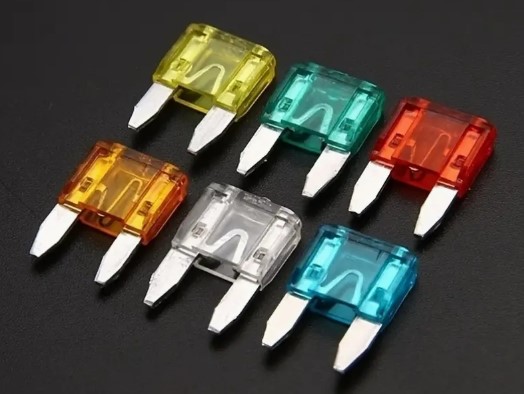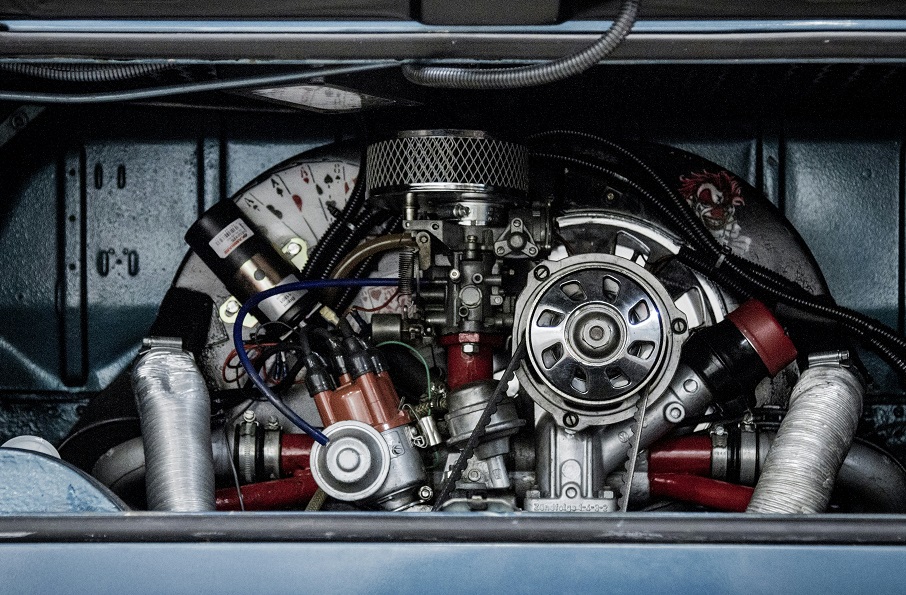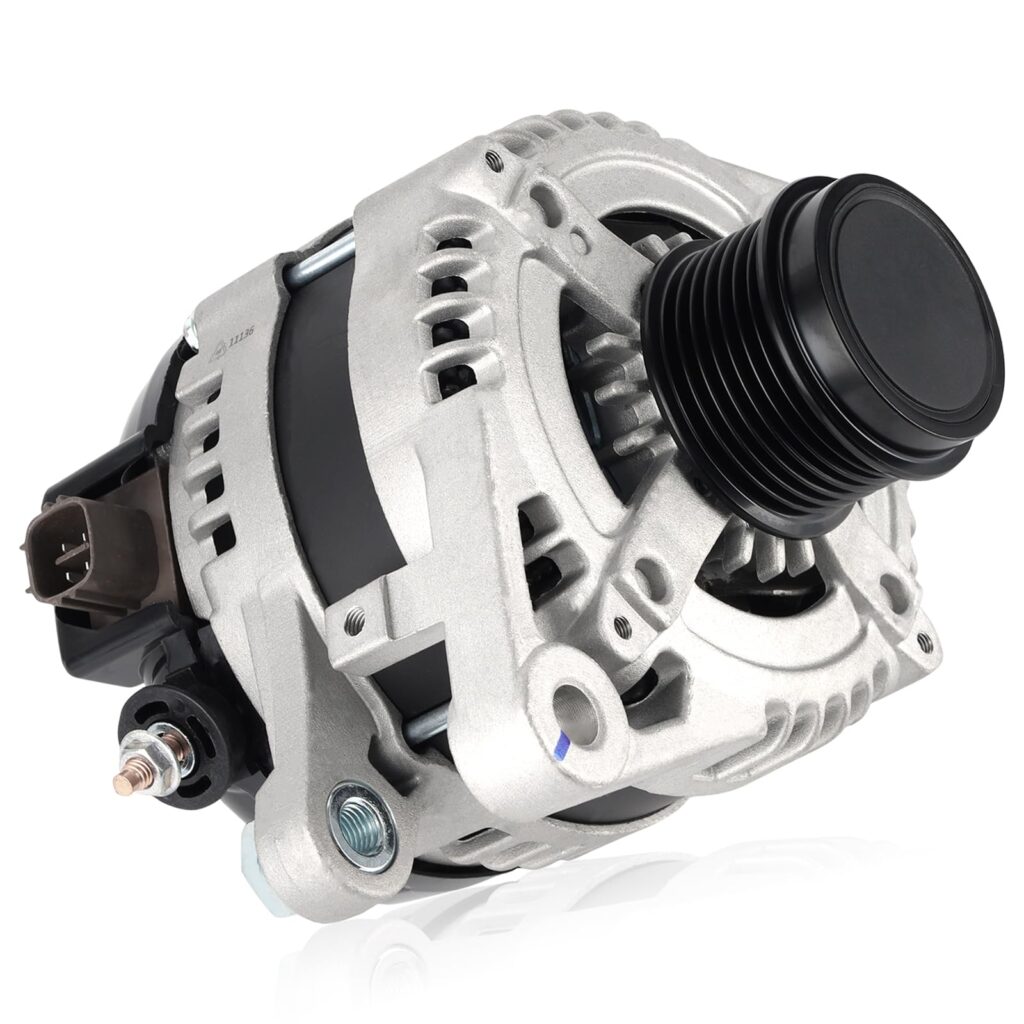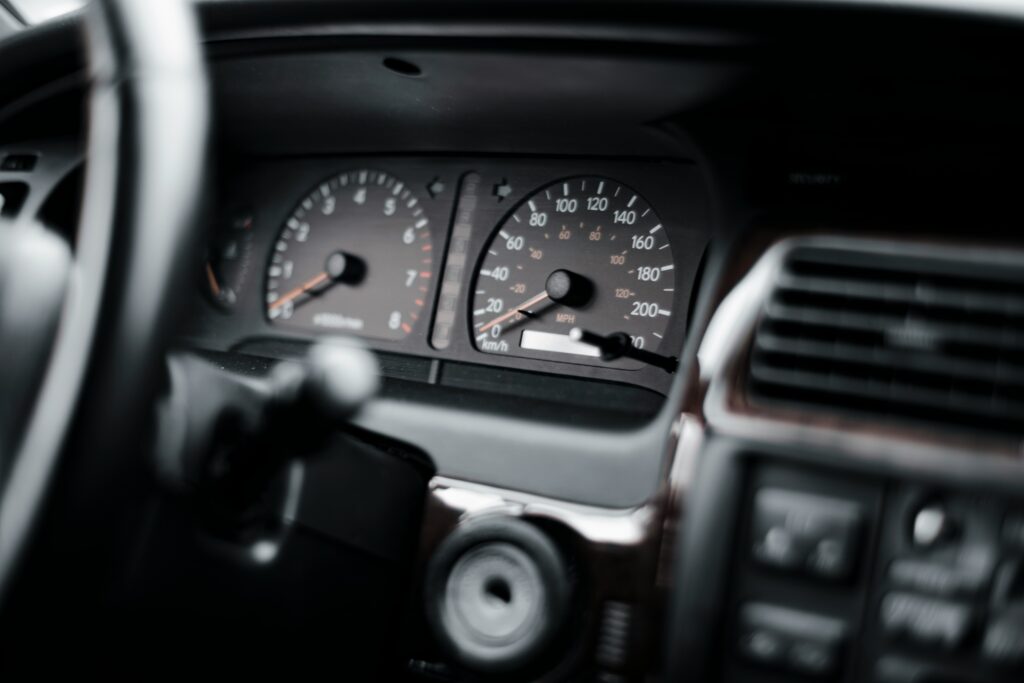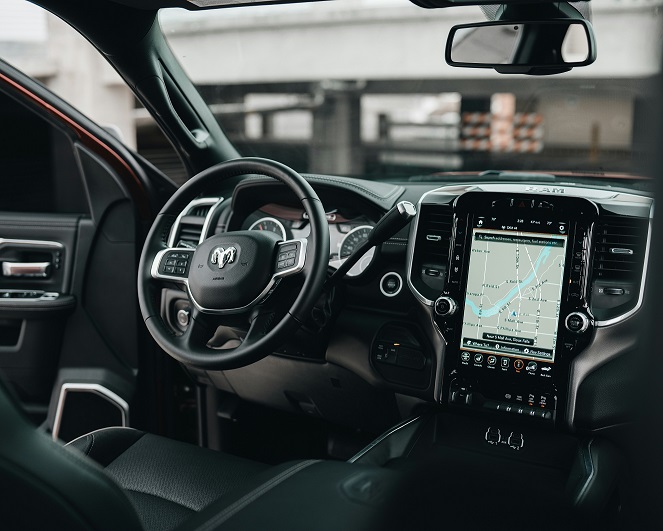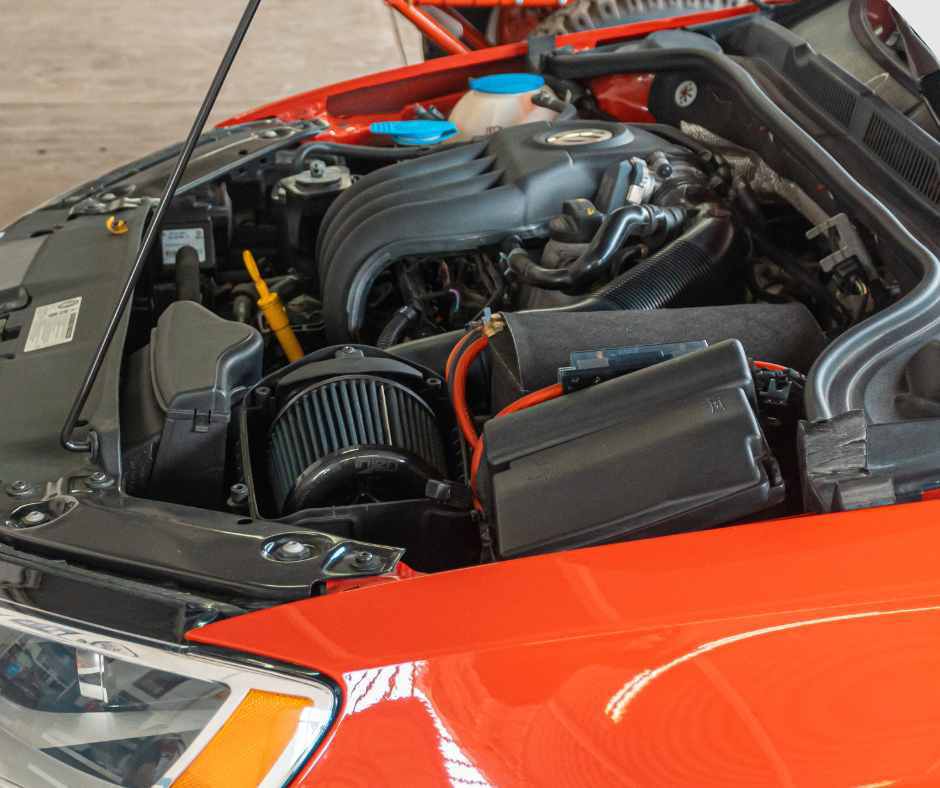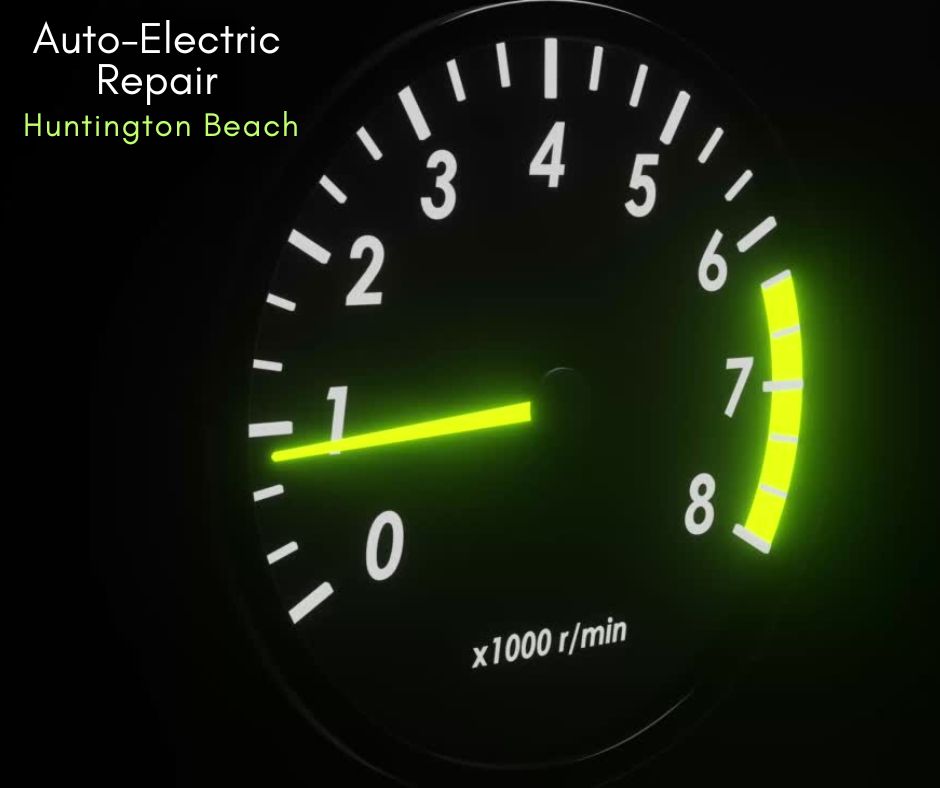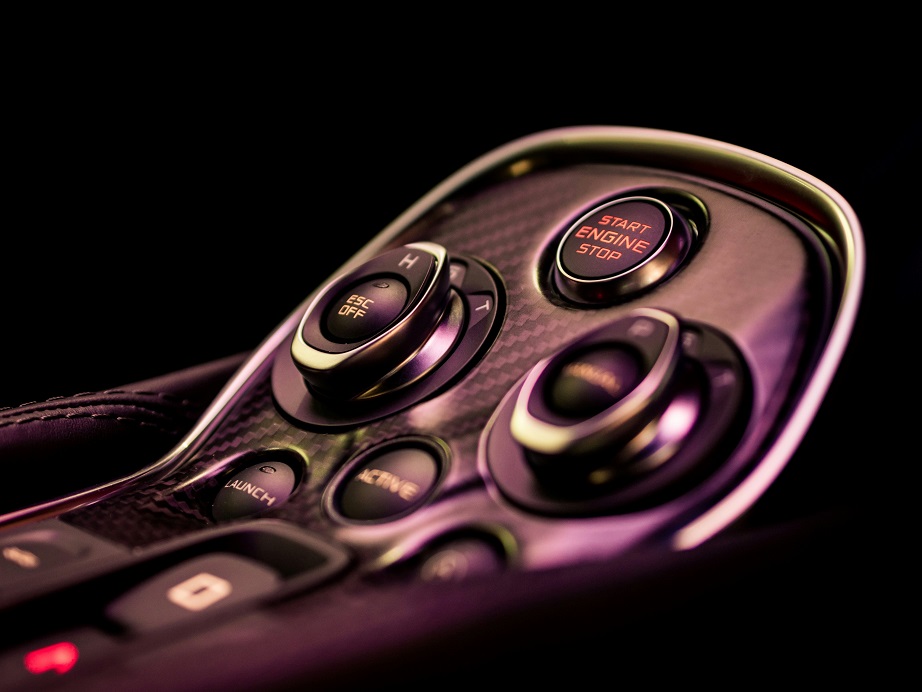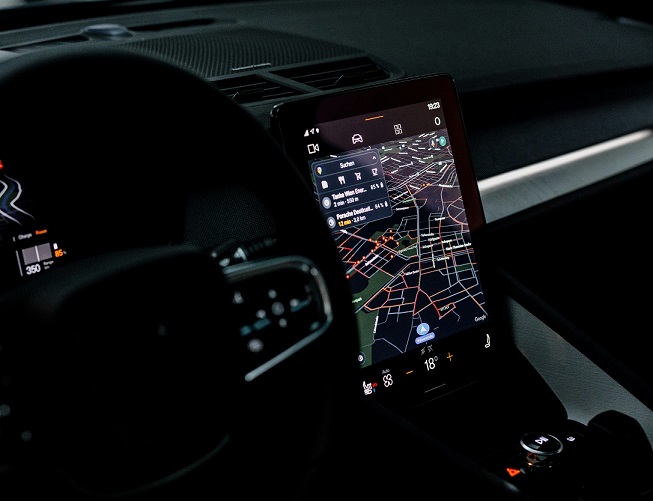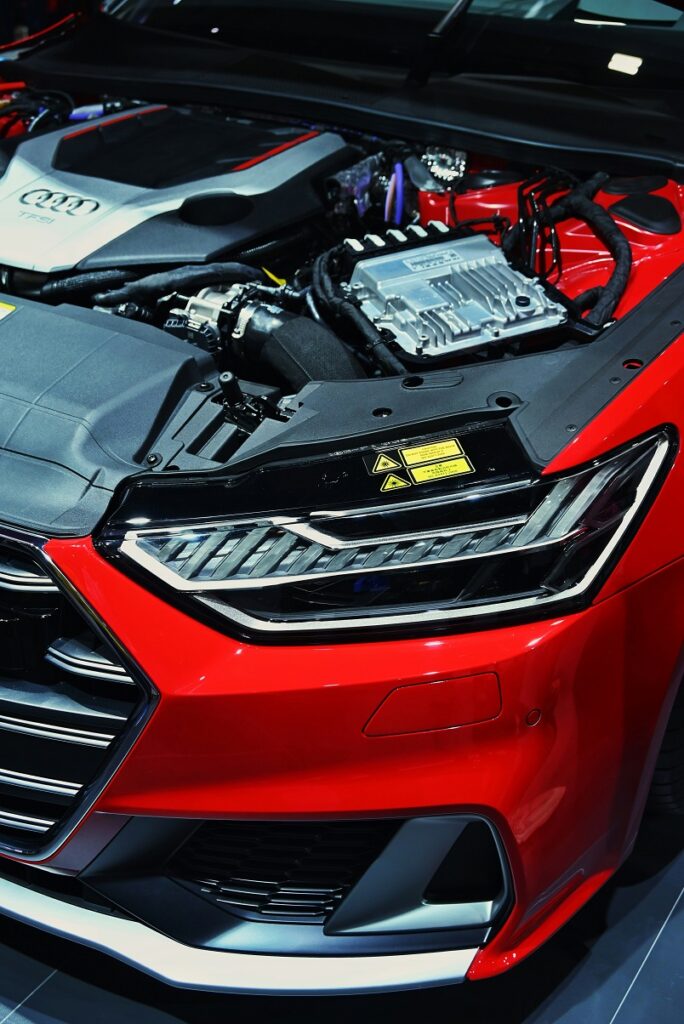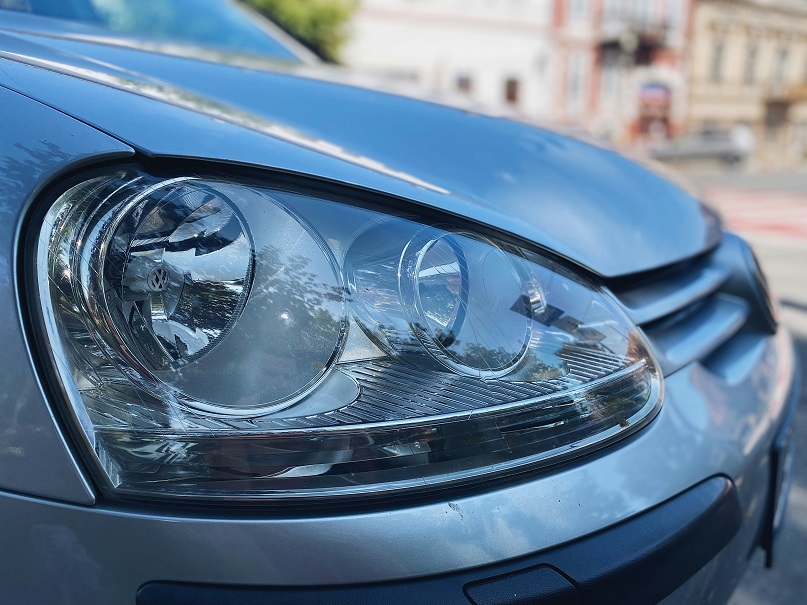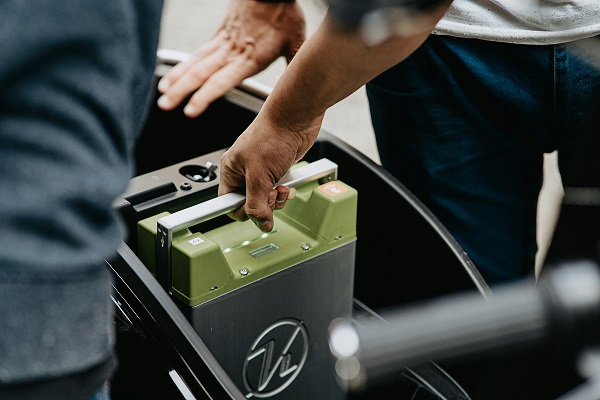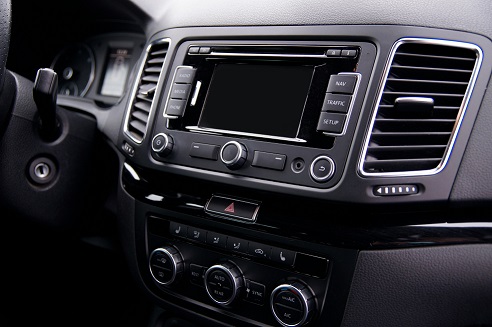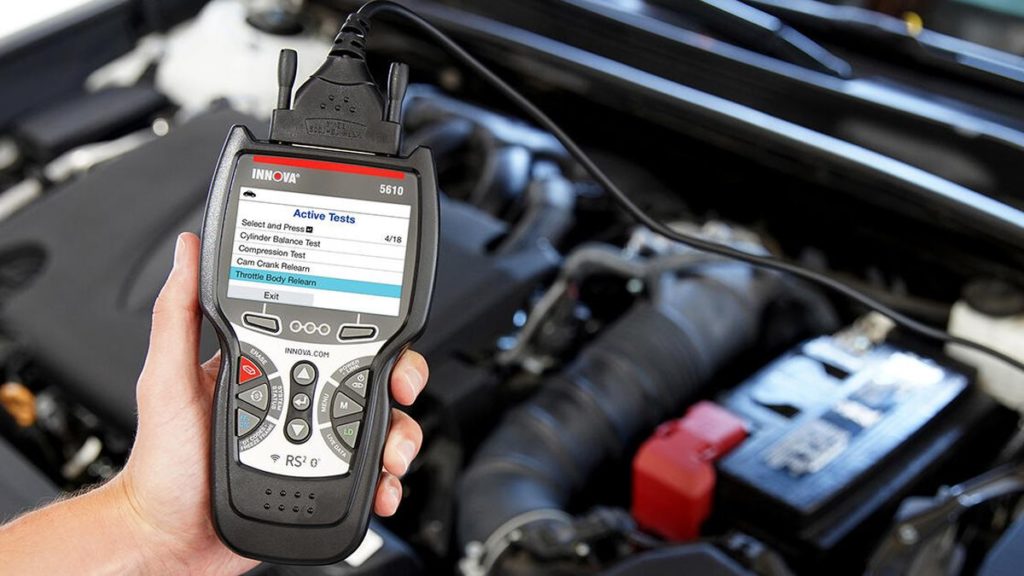Dashboard
Dim or flickering lights
SHARE
If you’ve noticed your car dashboard lights flickering or dimming, it can be concerning. After all, the dashboard lights play an important role in providing visibility and information while you’re driving. Flickering or dimming lights could indicate an underlying issue with your vehicle’s electrical system.
In this blog post, we’ll explore some of the common reasons why your car dashboard lights may be experiencing these problems, and what you can do to troubleshoot and resolve the issue.
1. Loose or Faulty Wiring
One of the most common causes of flickering or dimming dashboard lights is loose or faulty wiring. Over time, the wiring that connects the dashboard lights to the vehicle’s electrical system can become worn, damaged, or come loose. This can result in intermittent power supply to the lights, causing them to flicker or dim.
Inspect the wiring behind the dashboard for any signs of damage, such as fraying, cracks, or loose connections. If you find any issues, you may need to have the wiring repaired or replaced by a qualified mechanic.
2. Failing Voltage Regulator
The voltage regulator is a crucial component in your vehicle’s electrical system, responsible for maintaining a consistent voltage supply to the various electrical components, including the dashboard lights. If the voltage regulator is failing, it can cause fluctuations in the voltage, leading to the dashboard lights flickering or dimming.
Symptoms of a failing voltage regulator may include not only flickering or dimming dashboard lights, but also other electrical issues, such as the headlights dimming or the battery not charging properly. If you suspect a problem with the voltage regulator, it’s best to have it tested and replaced if necessary.
3. Faulty Alternator
The alternator is responsible for generating the electrical power that keeps your vehicle’s battery charged and powers the various electrical components, including the dashboard lights. If the alternator is not functioning properly, it can result in an inconsistent or insufficient power supply, causing the dashboard lights to flicker or dim.
Signs of a failing alternator may include the dashboard lights flickering or dimming, the battery not holding a charge, or the engine stalling or struggling to start. If you suspect an alternator issue, it’s important to have it tested and replaced if necessary.
4. Worn or Damaged Bulbs
In some cases, the flickering or dimming of the dashboard lights may be due to worn or damaged bulbs. Over time, the bulbs that illuminate the dashboard can burn out or become damaged, leading to inconsistent or reduced brightness.
Replacing the affected bulbs can often resolve the issue. However, it’s important to ensure that the replacement bulbs are the correct size and wattage for your vehicle, as using the wrong bulbs can cause further electrical problems.
5. Electrical System Overload
In some cases, the flickering or dimming of the dashboard lights may be a symptom of an electrical system overload. If you’ve recently added additional electrical accessories or components to your vehicle, such as aftermarket lights or a sound system, it can put a strain on the electrical system, causing the dashboard lights to flicker or dim.
To resolve this issue, you may need to have the electrical system evaluated and potentially upgrade the alternator or battery to handle the increased electrical load.
If you’re experiencing flickering or dimming dashboard lights, it’s important to address the issue as soon as possible. Ignoring the problem can lead to further electrical issues and potentially even safety concerns while driving. By identifying and addressing the underlying cause, you can restore the proper function of your dashboard lights and ensure a safe and reliable driving experience.
